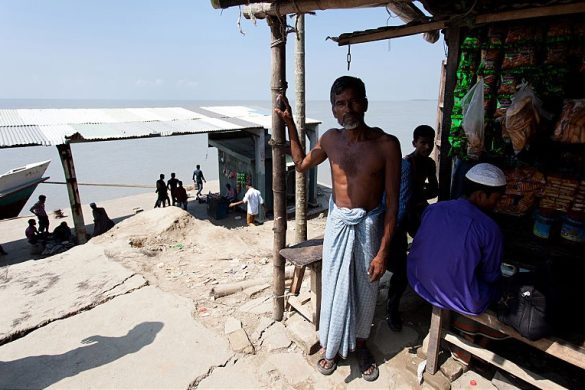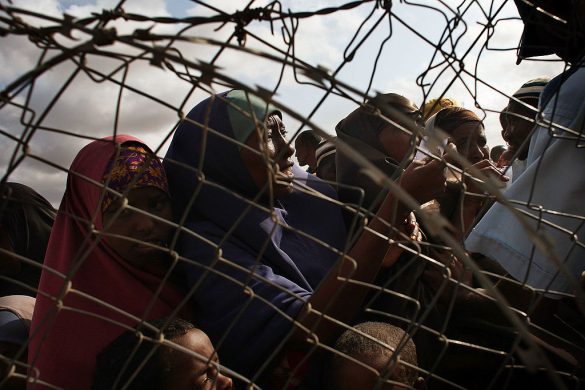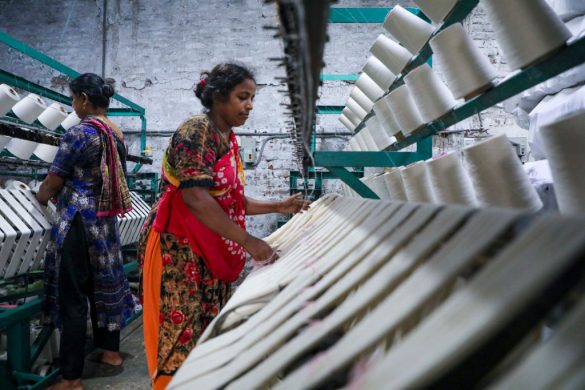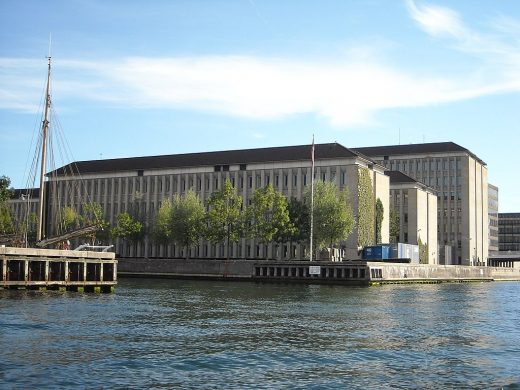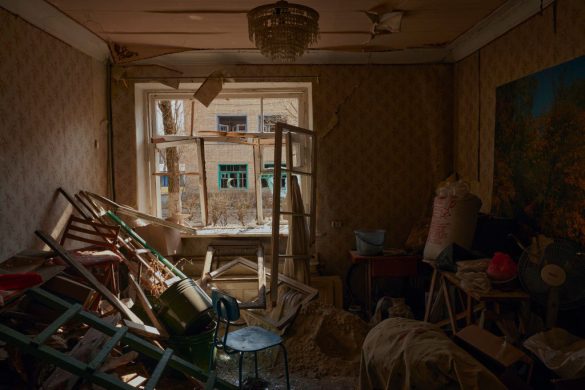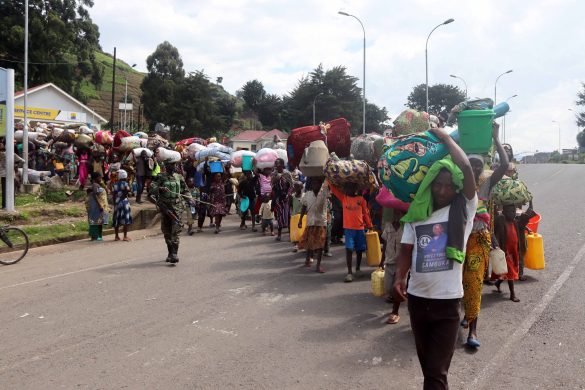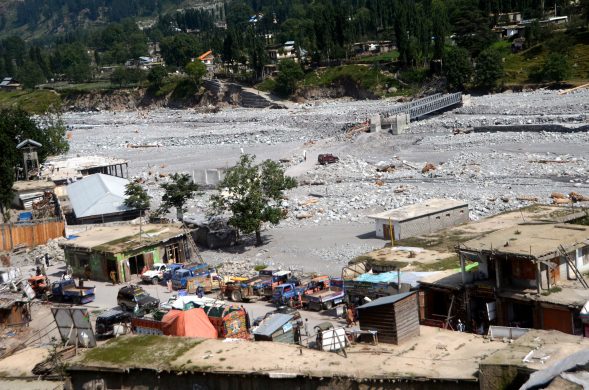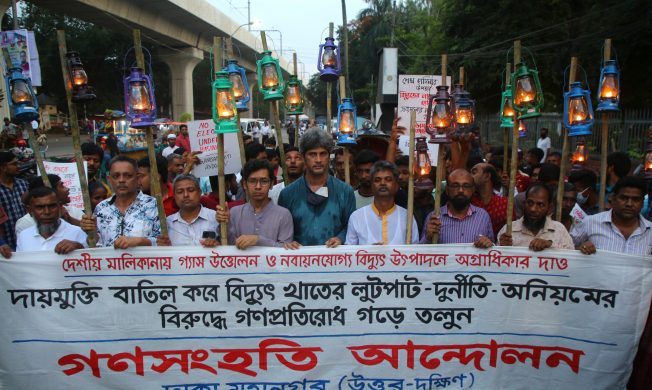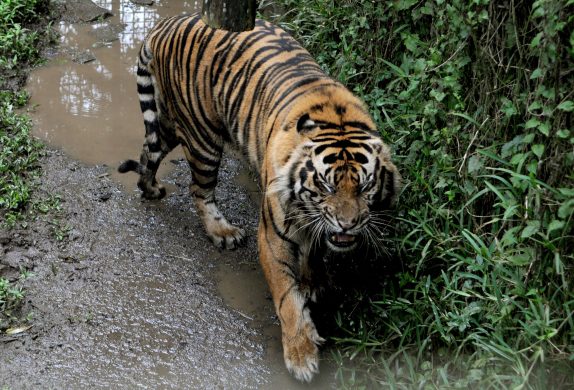Around 700 rivers are constantly shaping Bangladesh's landscape –
one charity “Friendship” has turned to these rivers to solve the problem they create by using hospital ships, writes BBC online Sunday.
One of Friendship's floating hospitals is a former Greenpeace boat – the Rainbow Warrior II – that has been converted into a hospital to serve the vulnerable coastal region.
It is fully equipped to provide these communities with simple treatments and medicines as well as eye, dental and other surgeries.
Along with two other ships in northern Bangladesh, this hospital ship helps roughly 155,000 people each year.
One charity has teamed up with the Indian government and railways to convert trains into roving hospitals that use over 75,000 km of India's railways to reach people in the remotest corners of the country.
The Lifeline Express trains contain, among other facilities, operations rooms, dental and eye units, laboratories and X-ray rooms.
The trains have toured the country for over 25 years offering free treatment and cutting edge surgery to India's rural poor. Their success has been mirrored in other hospital trains in China and in South Africa.
Orbis, a blindness prevention charity has developed a unique way of reaching remote areas – converting an aeroplane into a fully equipped teaching hospital.
Here, local doctors and surgeons can watch live surgeries and be taught new techniques and skills by staff and volunteer doctors, BBC notes.




